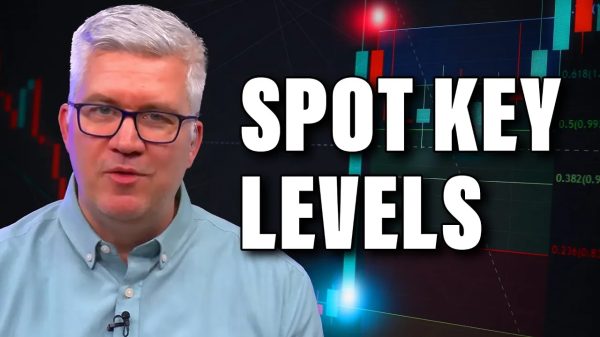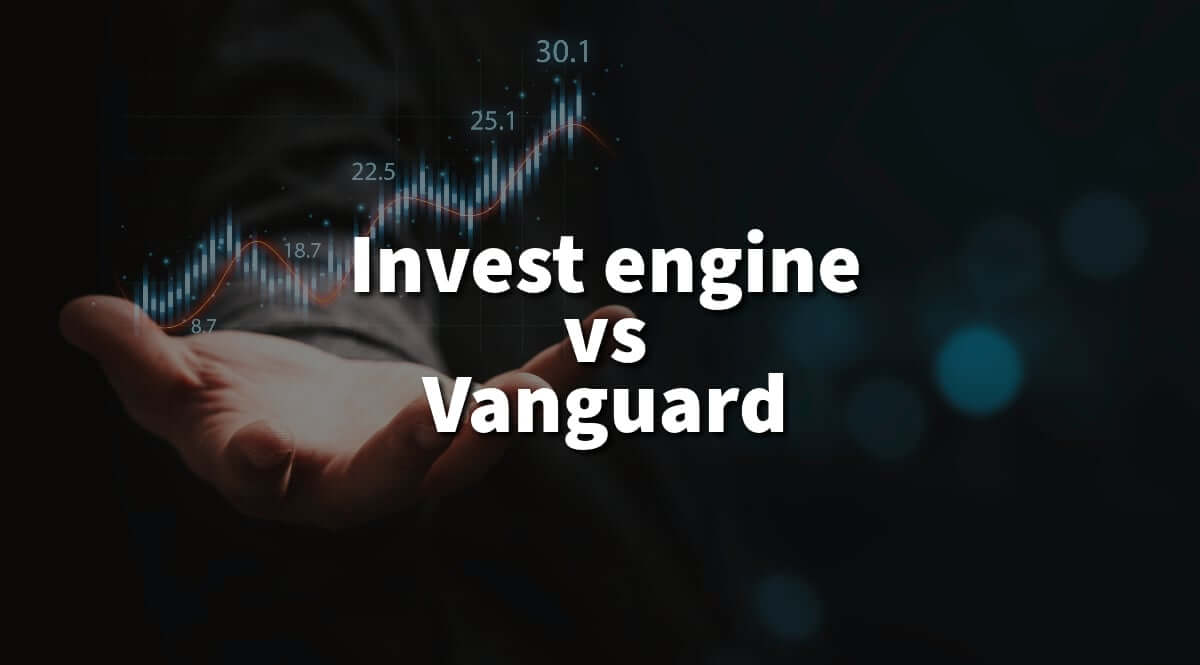Invest Engine vs Vanguard: Which Is Better for Investing?
Invest Engine and Vanguard are world-famous fund investment platforms. Invest Engine vs Vanguard: which is one suitable for various types of investors? Let’s find out!
Both platforms specialize in investing in funds. As a result, you don’t have the opportunity to purchase individual shares or bonds through none of the platforms mentioned above.
InvestEngine exclusively offers Exchange Traded Funds (ETFs). So, it isn’t possible to invest in mutual funds or investment trusts. In contrast, its competitor offers a combination of ETFs as well as investment trusts. However, you can only select from its own funds.
Interestingly, it has recently introduced a Managed ISA service. It is basically its version of robo-investing. What’s interesting, Vanguard has 5 portfolio options based on different risk levels. InvestEngine, on the other hand, provides a slightly broader selection with 10 risk-based portfolios.
Invest Engine vs Vanguard (costs and other important factors)
When it comes to costs, InvestEngine emerges as the more cost-effective choice, whether you want to construct your own portfolio or opt for a managed one. Surprisingly, it’s cheaper to invest in Vanguard’s funds through InvestEngine than directly through Vanguard.
Furthermore, InvestEngine offers a wider range of funds, boasting more than 550 ETFs compared to Vanguard’s limited selection of 80+ funds. Besides, you can only choose from its own funds on its platform.
Nonetheless, Vanguard permits you to invest in actively managed mutual funds, such as its LifeStrategy. In the case of InvestEngine, it isn’t possible to invest in actively managed mutual funds.
So, if you have a preference for these funds, Vanguard may be your preferred choice.
Neither platform offers an extensive product range. InvestEngine provides a Stocks & Shares ISA, a General Investment Account (GIA), as well as a business account. Vanguard slightly expands the options by including a Junior ISA.
History of Invest Engine and Vanguard
We need to take into account the past of both platforms when it comes to Invest Engine vs Vanguard.
InvestEngine is an investment platform based in the UK that specializes in ETFs. You have the chance to create your own portfolio by selecting ETFs or opting for InvestEngine’s managed portfolios.
The platform offers access to more than 550 ETFs, including more than 40 of Vanguard’s funds.
Vanguard was founded in the USA more than 50 years ago. It is renowned for creating the first index fund, a passive investment vehicle that tracks the performance of a major index over time rather than selecting individual companies to invest in.
While InvestEngine doesn’t charge platform or management fees, Vanguard imposes a 0.15% platform fee on top of fund costs.
For Managed Portfolios, InvestEngine remains the cost-effective choice with a 0.25% managed portfolio fee compared to Vanguard’s 0.60%. Interestingly, it’s even cheaper to invest in individual Vanguard funds through InvestEngine due to Vanguard’s platform fee.
InvestEngine’s standout feature is its extensive range of more than 550 ETFs, including Vanguard’s offerings. What about Vanguard?
You can also invest in its own funds; it has more than 80 funds on its platform.
Products
Regarding product offerings, both platforms provide Stocks & Shares ISAs and General Investment Accounts. Vanguard adds Self-Invested Personal Pensions (SIPPs) and Junior ISAs (JISAs) to its repertoire. InvestEngine, though lacking SIPPs and JISAs, stands out with its business account option.
Both providers have room for improvement in terms of product offerings, with neither offering a Lifetime ISA or Junior SIPP. However, InvestEngine is relatively new and may expand its product range in the future.
Funds
The significant distinction in fund offerings lies in the fact that Vanguard exclusively provides its own funds. In contrast, InvestEngine offers access to a diverse selection of over 550 ETFs sourced from various fund managers, including more than 40 of Vanguard’s own funds.
If you prioritize having a broader array of ETF options, InvestEngine is the preferred choice.
Conversely, Vanguard holds a prominent position as one of the world’s largest fund managers, with several of its funds enjoying substantial popularity. By opting for Vanguard, you gain access to well-known, actively managed funds like the LifeStrategy as well as Target Retirement funds.
It’s worth noting that Vanguard’s LifeStrategy and Target Retirement funds, which are structured as unit trusts rather than ETFs, are not accessible through InvestEngine. If your particular interest lies in investing in these specific funds, Vanguard would be your preferred platform.
Portfolios
Vanguard presents investors with a selection of 5 pre-constructed portfolios within its Managed ISA, each tailored to different risk levels. Vanguard is in charge of the above-mentioned platforms. It’s important to note that Vanguard’s managed portfolio service is exclusively available within the ISA framework.
Furthermore, Vanguard provides 5 LifeStrategy funds, well-regarded in the investment management industry, along with 11 Target Retirement Funds. Investors have the flexibility to include these funds as part of their custom portfolio. Performance histories are readily accessible on Vanguard’s website.
In contrast, InvestEngine’s Managed Portfolio offering features 10 ‘Growth’ portfolios, each with its distinct risk profile. These portfolios are actively managed and periodically rebalanced by InvestEngine to align with your chosen risk level.
There are two key distinctions in their managed portfolio offerings. Firstly, InvestEngine provides twice as many managed portfolios compared to Vanguard, which may be appealing if you seek a broader range of risk profiles to match your preferences.
Secondly, InvestEngine’s managed portfolios are constructed using a significantly wider array of funds compared to Vanguard’s options. InvestEngine boasts a selection of more than 550 ETFs to select from, whereas a Vanguard portfolio is exclusively assembled from its own set of 80 funds.
It’s important to note that this diversity in fund choices may not necessarily impact portfolio performance.
ESG funds
Both platforms offer individual Environmental, Social, and Governance (ESG) funds, but neither provides an ethical or ESG-managed portfolio.
Vanguard has 17 ESG funds, while InvestEngine boasts over 100 ESG funds to choose from.
Importantly, the cost of ESG funds will depend on your investment preferences. Nonetheless, InvestEngine has a greater range of ESG funds compared to Vanguard.
It isn’t an easy task to select the winner when it comes to Invest Engine vs Vanguard.
To sum up, when it comes to constructing your own fund portfolio or opting for managed portfolios, InvestEngine emerges as the preferred choice. It offers a more extensive selection of ETFs compared to Vanguard and, importantly, boasts cost-effectiveness across all investment levels.
The post Invest engine vs Vanguard: Which is better for investing? appeared first on FinanceBrokerage.























